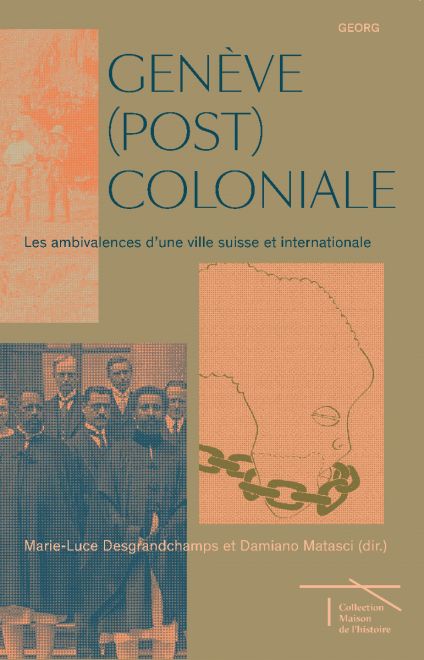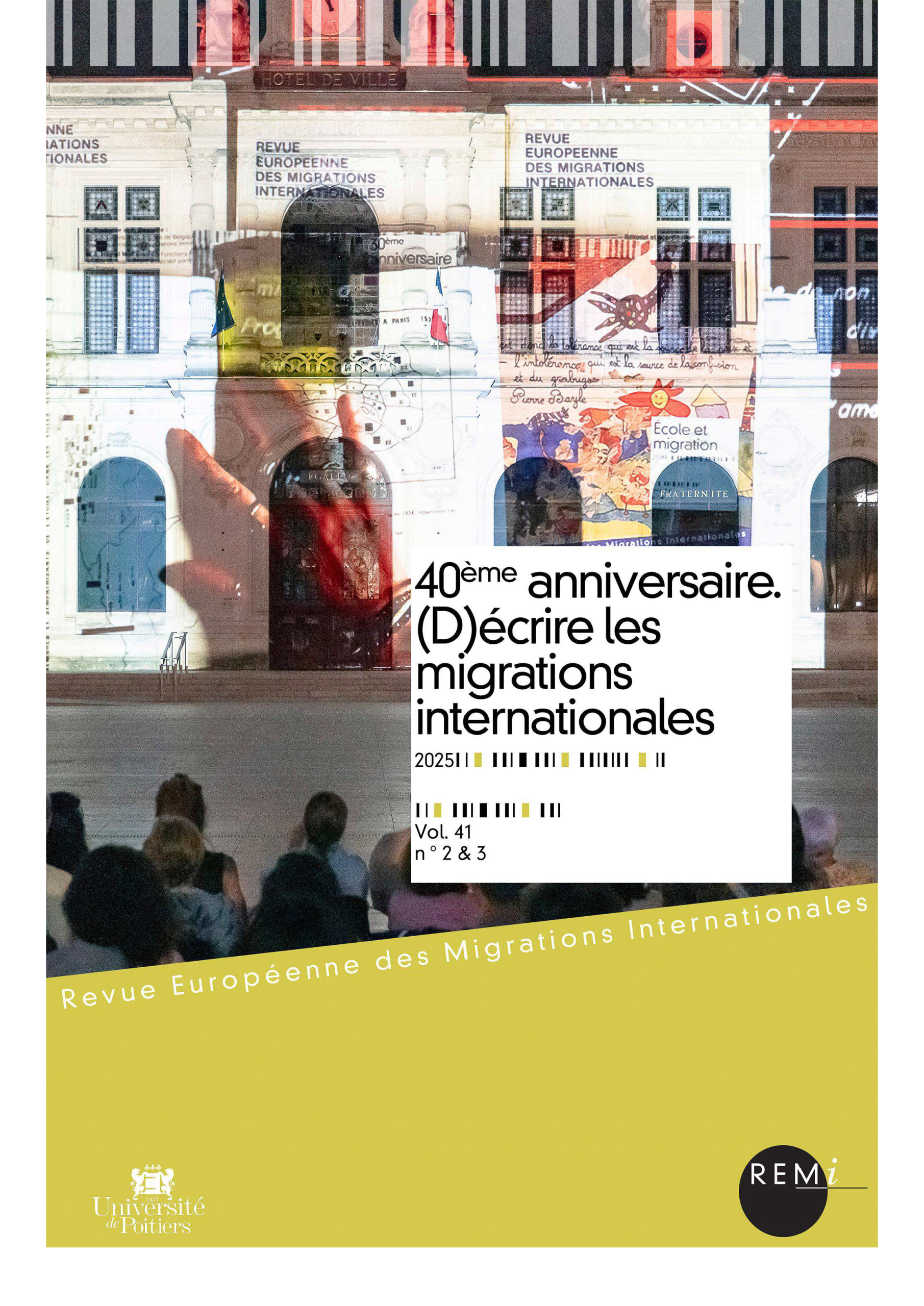Pierre-Olivier Weiss, "L'École a-t-elle résisté au séisme du COVID-19 ? Focus sur les ondes et les répliques qui ont touché le monde de l'éducation entre 2020 et 2022", 2022.

Reference :
Weiss, P. O., & Issaïeva, É. (2022). Did the school withstand the COVID-19 earthquake? Focus on the waves and aftershocks that hit the world of education between 2020 and 2022. Contexts and teaching methods, (19).
https://journals.openedition.org/ced/3800
Summary :
This pandemic has both (re)highlighted and accentuated pre-existing inequalities between territories across the planet, reminding us of the unequal distribution of economic, social and educational capital, a thesis defended over half a century ago by Jean-Claude Passeron and Pierre Bourdieu. The COVID-19 pandemic currently affecting most of the world is now a long-term phenomenon. Until it is completely brought under control (or will it be? And in what timeframe?), each and every one of us will feel the psychological, social and health consequences, depending on our personal or professional situation. As the third school and university year marked by the pandemic begins in some countries and territories, this issue 19 of the journal Contexts and Didactics has decided to take a time frame other than that of the pandemic. It therefore aims to welcome contributions which, while continuing the analyses of educational continuity already begun, investigate the consequences of the pandemic in the longer term, in a variety of cultural and institutional contexts, and which can be seen in the context of a "continuity of education". lessons learnedFor some, it's a way of looking at the future of education and training.
Share on
Read also


